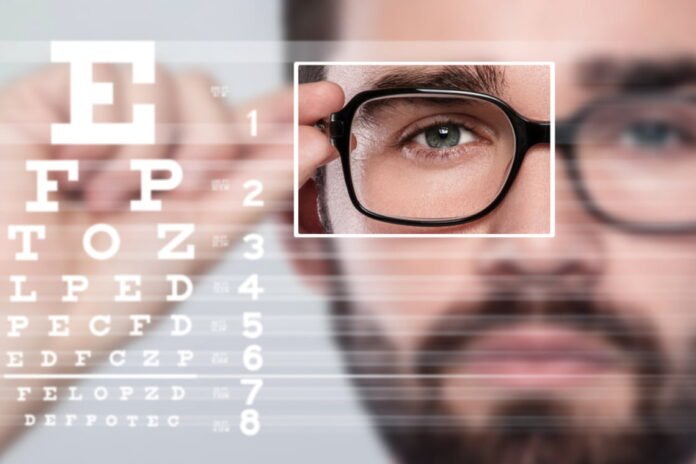We wrote this blog post because we saw that many individuals had questions about their vision insurance, and we wanted to help clear up those questions. My own experience and research into various medicinal aids has informed the content of this blog. Finding an eye doctor might be difficult, even with the extensive VSP network of highly trained specialists. What sets an optometrist apart from an ophthalmologist, you may be wondering? In what ways is an optician useful? Does everyone hold the same degrees and certifications? Which one is ideal for my eyes?
Define “optometrist.”
Table of Contents
The letters “O.D.”, which stands for “Doctor of Optometry,” are used to distinguish optometrists from other medical professionals in the eye care industry. Optometrists have a minimum of eight years of study, including four years of college and four years of optometry school. They also frequently do a residency of one additional year in a subspecialty of eye care, such as ocular illness, vision therapy, or contact lenses. A qualified Optician Optometrist can provide you with a better solution for your weak eyesights.
An optometrist is a specialist in eye care; they do annual thorough eye exams and take care of most other eye care requirements in between checkups. If allowed by their state’s regulatory body, optometrists can do minor surgical procedures on your eyes. The optometrist is the equivalent of a “General Practitioner” when it comes to your eyes.
Optometrists are doctors who specialize in the care of the eyes and vision. They do eye exams and vision tests, diagnose and treat eye diseases such as glaucoma, pink eye (conjunctivitis), and macular degeneration, and advise patients on eye care before and after surgical procedures. Many ODs report that they are the first medical professionals to notice symptoms of illnesses including high blood pressure, clogged arteries, diabetes, and even arthritis in their patients. Should they find evidence of a more serious systemic problem, they will work with your other doctors to make sure you get the treatment you need.
A definition for “ophthalmologist”
An ophthalmologist is a medical doctor who focuses on treating and preventing conditions related to the eye and its surrounding tissues. Eight to ten years of training after college have been accomplished. This involves four years of medical school, an internship year, three years of residency training in ophthalmology, and frequently an additional year or two of fellowship study in a sub-specialty field of ophthalmology. Each state has its own medical board that issues licenses to ophthalmologists. Verify that they have a medical degree by looking for “M.D.” or “D.O.” after their name.
Your Optometrist will take care of most of your eye care requirements and will refer you to an Ophthalmologist for more advanced treatment or surgery. He can also suggest you use Ortho-K lenses.
Can you explain the role of an optician?
To put it simply, an optician is a technician who specializes in putting together the correct pair of eyewear based on a patient’s prescription from an optometrist. We do not have a distinct category for optometrists because they do not offer medical services (such as examinations or vision tests).
To see which “O” you should look? Naturally, this is dependent on the nature of your requirement, but often:
- An annual thorough eye exam, as well as eyeglasses, contact lenses, and eye medicine prescription refills, are all services that an optometrist delivers. In addition to detecting numerous systemic health problems early on, they may take care of other eye-related requirements in between annual checkups.
- Eye problems can be treated medically or surgically by an ophthalmologist.
- If you need help with your eyeglasses or contacts, you may ask the optician who works at your local Optometrist’s office or vision care facility for assistance.


